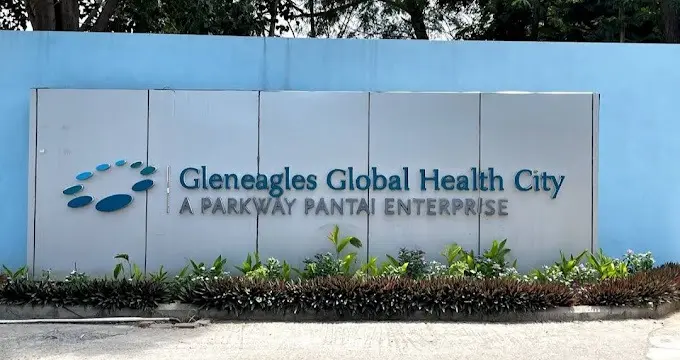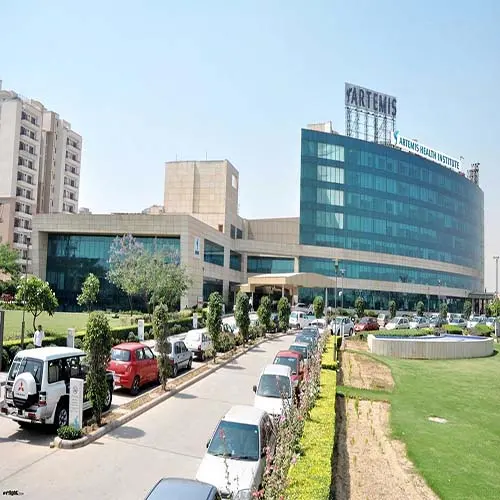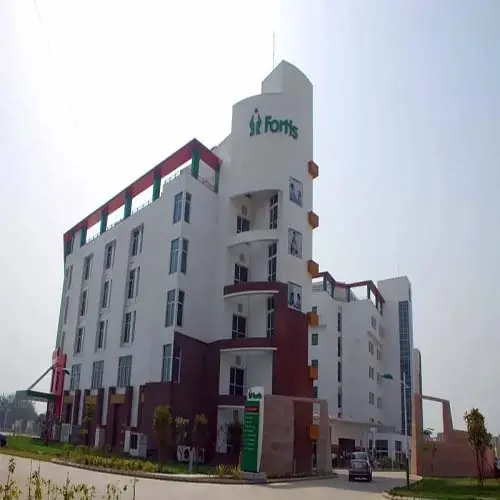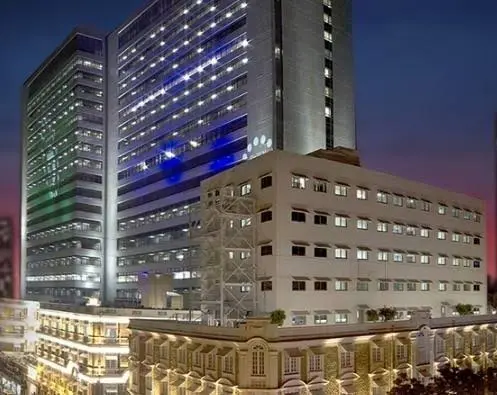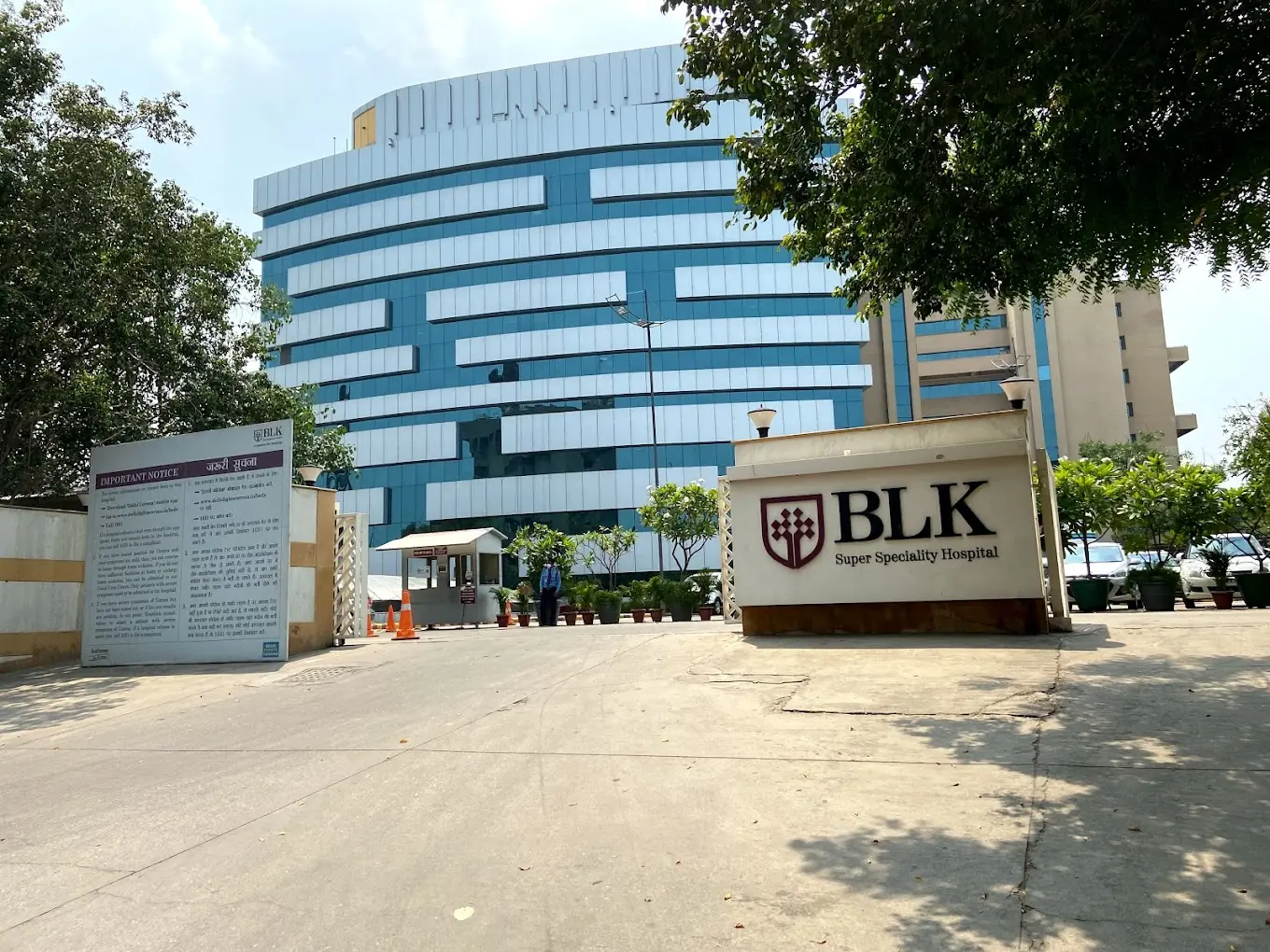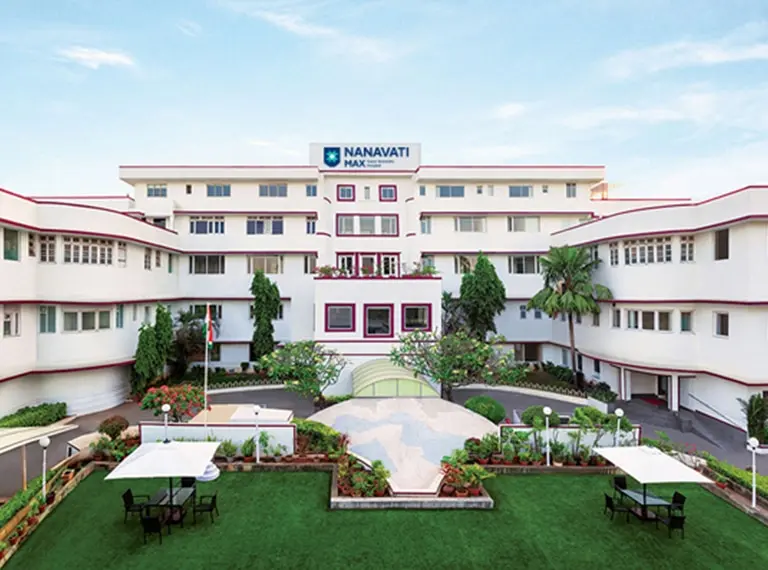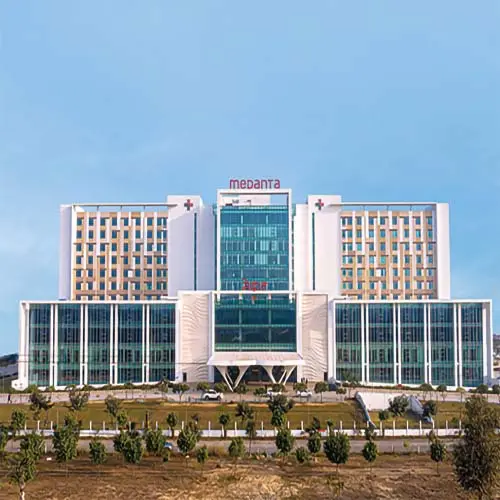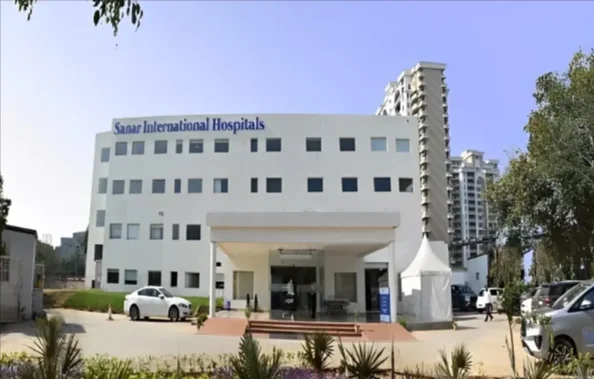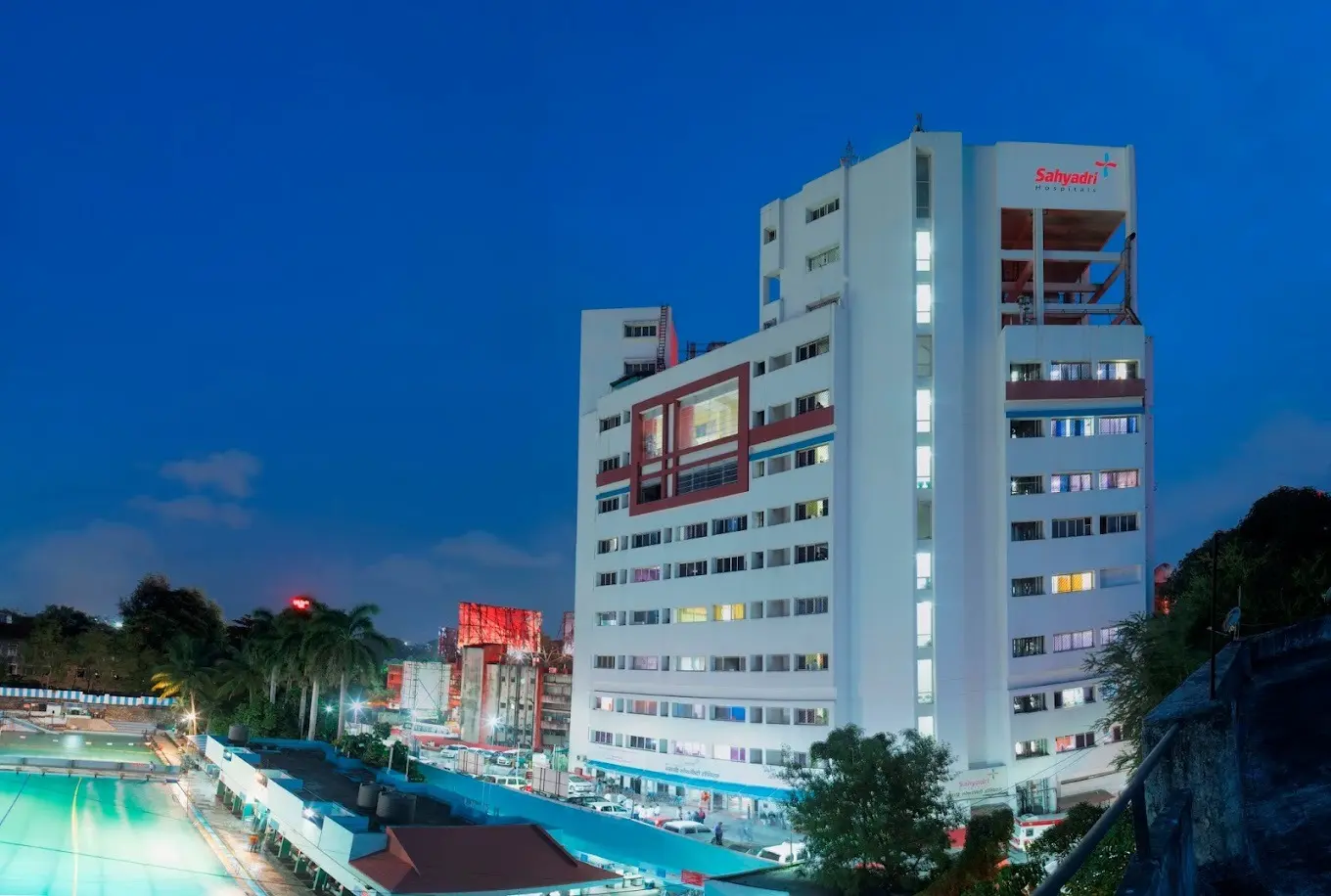EPS RFA Cardiac Treatment cost in India
Electrophysiology Studies (EPS) and Radiofrequency Ablation (RFA) cost in India ranges from $2,500 to $5,500, which is approximately ₹2,10,000 to ₹4,60,000. The final cost may vary depending on the patient’s diagnosis, the complexity of the heart rhythm disorder, the duration of the procedure, and the type of EP study required. Despite these variations, the cost in India is far more affordable compared to many Western countries, while still offering world-class expertise and advanced cardiac care.
Cost Range of EPS RFA Cardiac Treatment cost in India
EPS is a specialized test that helps doctors study the electrical activity of the heart to identify abnormal rhythms (arrhythmias). Once the source of the arrhythmia is located, RFA can be performed, where radiofrequency energy is delivered through a catheter to destroy the small area of heart tissue causing the abnormal signals. This minimally invasive procedure offers a long-term cure for many rhythm disorders, reducing dependence on lifelong medications.
India is home to experienced electrophysiologists, advanced cath labs, and internationally accredited hospitals, ensuring safe and effective treatment. With high success rates, affordable pricing, and comprehensive post-procedure care, EPS and RFA in India are excellent options for both domestic and international patients seeking reliable solutions for heart rhythm problems.
Get a free cost estimate
Who is a candidate for EPS/ RFA in India?
EPS and RFA are advanced procedures used to diagnose and treat arrhythmias (irregular heartbeats). In India, candidates for EPS and RFA typically include:
Patients with Symptomatic Arrhythmias
- Paroxysmal Supraventricular Tachycardia (PSVT): Rapid heart rate originating above the ventricles.
- Atrial Fibrillation (AF): An irregular and often rapid heart rate that can lead to blood clots, stroke, and other heart-related complications.
- Atrial Flutter: A similar condition to atrial fibrillation but with a more regular rhythm.
- Ventricular Tachycardia (VT): A fast heart rhythm originating from the ventricles.
- Wolff-Parkinson-White (WPW) Syndrome: A condition where an extra electrical pathway in the heart causes a rapid heartbeat.
Patients with Failed or Intolerant Medication
Those who have not responded to or cannot tolerate antiarrhythmic medications may be considered for EPS/RFA.
Patients with High Risk of Stroke or Sudden Cardiac Arrest
- Patients with atrial fibrillation who are at high risk for stroke.
- Individuals with ventricular arrhythmias who are at risk of sudden cardiac death.
Young Patients with Recurrent Arrhythmias
Younger patients, particularly those with recurrent arrhythmias that affect their quality of life or carry a risk of serious complications.
Patients with Structural Heart Disease
Patients with underlying structural heart disease, such as cardiomyopathy, who develop arrhythmias.
Patients Who Prefer Non-Pharmacological Treatment
Some patients may prefer a one-time procedure like RFA over long-term medication management.
Patients with Accessory Pathways
Those with accessory pathways that predispose them to arrhythmias, such as WPW syndrome.
Eligibility Criteria
- Detailed cardiac evaluation by a cardiologist specializing in electrophysiology.
- Ability to undergo invasive procedures.
- Consideration of underlying health conditions that might affect the procedure.
In India, the availability of advanced electrophysiology labs and experienced cardiologists makes EPS/RFA a viable option for many patients across the country.
Types of EPS and Cardiac RFA Cost
Types of EPS RFA in India | Cost Range in USD |
EPS RFA with 2D Mapping This procedure involve using traditional two-dimensional imaging to guide catheter placement and ablation in treating arrhythmias. | 2500 to 3500 |
EPS RFA with 3D Mapping This procedure involves using advanced three-dimensional imaging technology to create a detailed, real-time map of the heart, allowing for more precise and effective treatment of complex arrhythmias. | 5000 to 6000 |
Get a free cost estimate
City wise Cost Comparison for EPS RFA in India
City | Cost in USD |
New Delhi / NCR | 2200 to 6500 |
Mumbai | 3500 to 8000 |
Bangalore | 3200 to 7500 |
Chennai | 2800 to 6800 |
EPS RFA Cost in India Inclusions
EP lab rent
RF cost
Outpatient consultations
Routine drugs and consumables required during hospitalization
Hospital stay and meals as per the package
EPS RFA Cost in India Exclusions
Hotel stay, meals and flights
Extended hospital stay
Post-operative follow-ups and medical management
Treatment for any other underlying medical conditions
Other Factors Affecting EPS RFA Cost in India
Choice of location, doctor and hospital
Pre-existing medical history
Overall patient status, diagnosis and condition at the time of procedure
Diagnostic Tests Before EPS RFA
Types of Tests For Pacemaker Surgery in India | Cost Range in USD |
Blood Tests: These include the basic blood investigations for the patient to check organ functioning and infection status. | 20 to 30 |
Electrocardiogram (ECG or EKG): A quick, painless test that checks your heart's electrical activity, showing how it beats. | 30 to 40 |
Holter Monitor: A portable device worn for 24-48 hours to continuously record heart rhythms. | 70 to 80 |
Echocardiogram: Uses ultrasound to create images of the heart's structure and assess its function. | 50 to 90 |
Stress Test: Evaluates the heart's performance under physical exertion. | 70 to 100 |
| Electrophysiology Study (EPS): Involves threading catheters into the heart to study its electrical activity in detail. Sometimes this may be done as a standalone test, followed by RFA. | 200 to 250 |
Why is India preferred as one of the best countries for cardiac ablation?
India is preferred as one of the best countries for cardiac ablation due to a combination of advanced medical infrastructure, highly skilled cardiologists, and cost-effective treatment. Indian hospitals are equipped with state-of-the-art technology, including 3D mapping systems and robotic-assisted procedures, ensuring high success rates in cardiac ablation.
Leading cardiac centers in cities like Delhi, Mumbai, and Chennai offer world-class care comparable to that in the U.S. or Europe. The availability of experienced cardiologists who specialize in electrophysiology, along with comprehensive pre-and post-operative care, enhances patient outcomes.
Moreover, the cost of cardiac ablation in India is significantly lower, often 60-80% less than in Western countries, making it an attractive option for international patients. English-speaking medical staff and streamlined medical visa processes further contribute to India's appeal as a top destination for cardiac ablation.
Cost Comparison for EPS RFA Price in India with Other Countries
Country | Cost in USD |
India | 2500 to 6500 |
Turkey | 8000 to 15000 |
UAE | 28000 to 35000 |
Best Hospitals for EPS RFA in India
FAQs
EPS is a test to check the electrical signals in your heart and find the cause of irregular heartbeats (arrhythmias). RFA is a treatment done during EPS, where heat energy is used to destroy the small area in the heart that causes abnormal rhythms, helping the heart beat normally.
This treatment is usually recommended for patients who have:
- Frequent palpitations or irregular heartbeat.
- Fainting spells without a clear reason.
- Fast heartbeats (tachycardia) that do not improve with medicines.
- Arrhythmias that increase the risk of stroke or heart failure.
The doctor inserts thin wires (catheters) through a vein in your leg or arm and guides them into your heart. Electrical signals are checked (EPS), and if an abnormal area is found, heat energy (RFA) is applied to correct it. The procedure is usually done under local anesthesia with mild sedation.
EPS with RFA usually takes 2 to 4 hours, depending on the complexity of the arrhythmia.
Yes, EPS and RFA are considered very safe. The success rate is 85–95%, and most patients feel better after treatment. Complications are rare and doctors take special care to minimize risks.
In many cases, patients do not need long-term medicines after successful RFA. However, some may still require medication depending on their condition. The doctor will guide you after the procedure.

